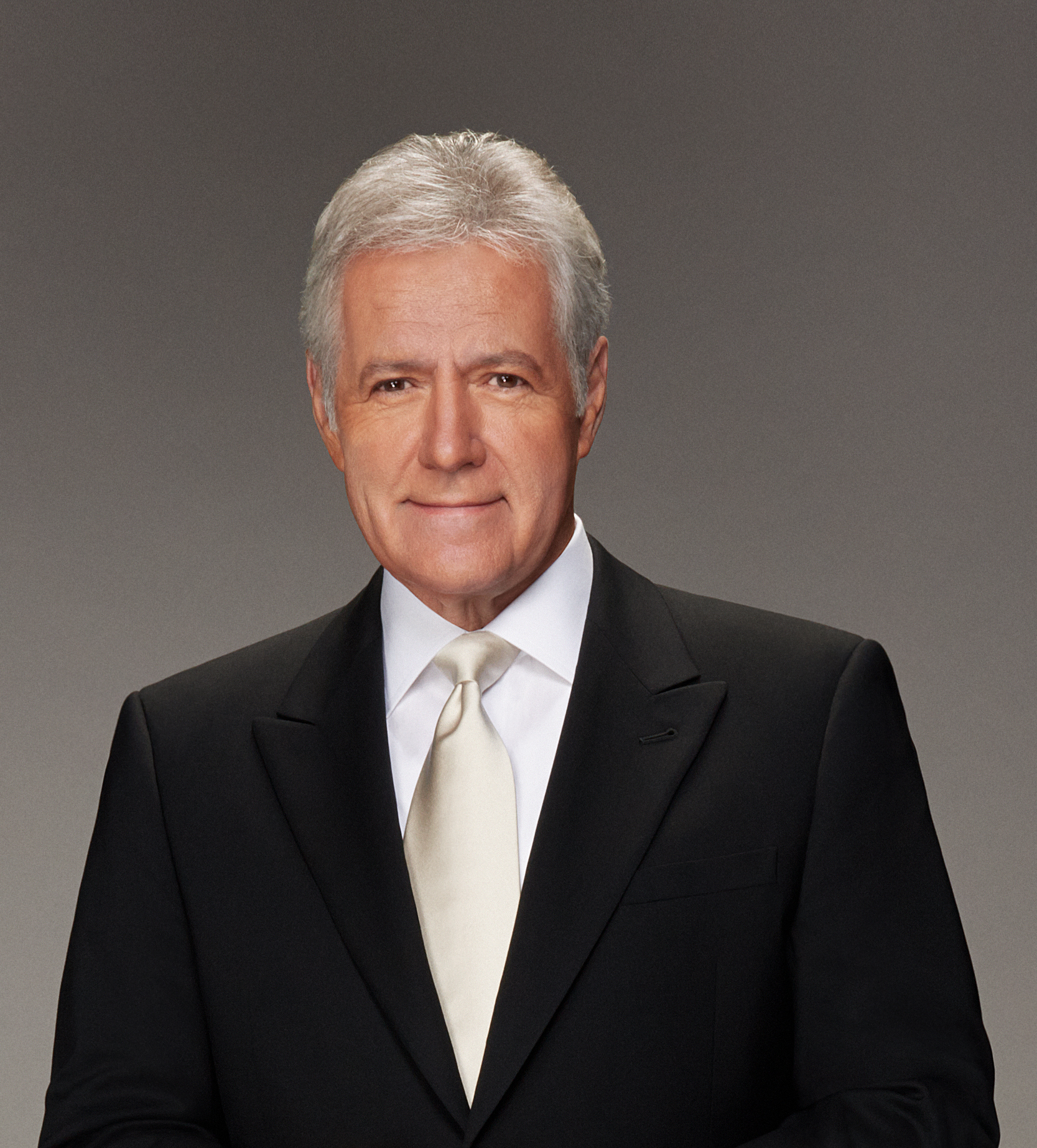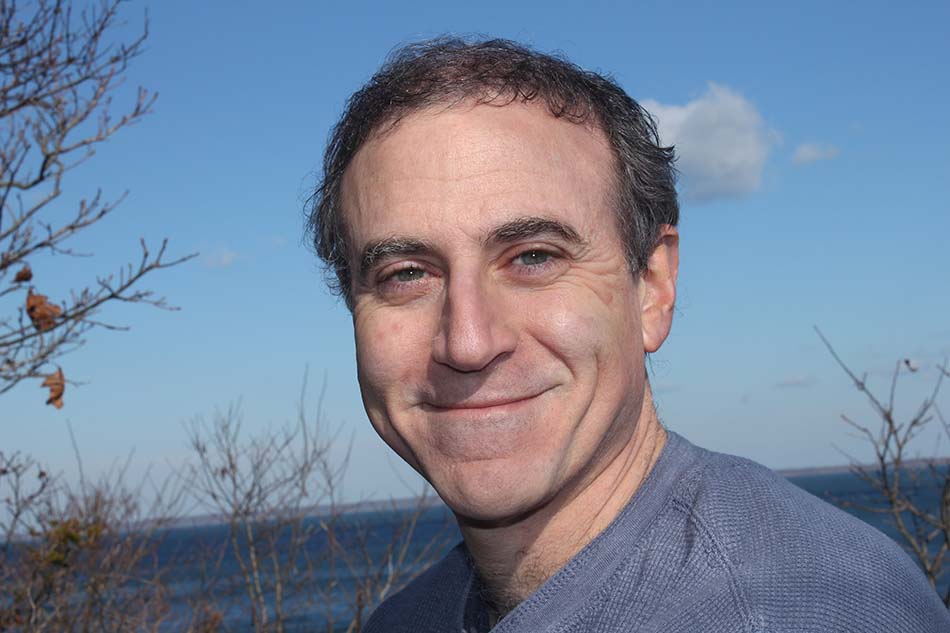Alex Trebek
The smarter way to stay on top of broadcasting and cable industry. Sign up below
You are now subscribed
Your newsletter sign-up was successful
Hasn’t Alex Trebek faced enough questions? Perhaps—and yet, the treasured television icon who has, in a world of continued uncertainty, mastered the role of “the man with all the answers” doesn’t seem to mind hearing a few more, even ones meant to quantify what it takes to launch and maintain an extraordinary career. Questions are par for the course for someone used to swiftly fielding 61 of them per half-hour on a good day—and he has had many good days. As host of television’s beloved quiz show Jeopardy! since its syndication debut in 1984, Trebek has logged more than 6,000 episodes (that’s a good Jeopardy! answer for you), standing at his post as the proverbial face of a generous understanding of everything it takes for buzzer-happy contestants and interested home viewers to race through a potpourri of historical and hysterical topics. Whether the responses are right or wrong, Trebek is the ideal guide for the proceedings, as one might expect from a man who ranked high on a Reader’s Digest poll of the 100 most trusted people in America. (“What is ‘number eight?’ That’s correct!”)

“Credibility, consistency, integrity and a real sense that he’s completely engaged in the game—that’s what defines his appeal,” says Harry Friedman, executive producer of Jeopardy! and Wheel of Fortune. “Alex has this innate sense of curiosity, and that serves him especially well in this job."
Ask, and Trebek will tell you about the first time he came face to face—sort of—with the magic of television, a medium where he has enjoyed a career that has, so far, lasted more than 50 years.
“It was in Canton, Ohio, in the early 1950s, and I was visiting distant relatives with my father,” says the Ontario, Canada, native. “There was a baseball game on television, and there was a lot of fuzz and blurry scenes on the screen. But that didn’t matter. We were transfixed. The audio came in well, and the video sucked. But hey, it was new. Go for it.”
“Go for it” seems to have been something of a career mantra for Trebek. Needing extra money to finish his college degree in philosophy, he got an announcing post at the Canadian Broadcasting Co. He hosted the high school quiz show Reach for the Top as part of what became myriad CBC broadcasting duties after graduation. And then he came to the United States and hosted the short-lived but muchloved game show Wizard of Odds, which introduced the U.S. to the somewhat looser, 1970s version of Trebek, not to mention one of the most famous bits of facial hair on television.
“I had an Afro and a mustache and I looked like [basketball star] Dr. J at the height of his career,” Trebek recalls.
Years of other game shows followed—High Rollers, Double Dare, The $128,000 Question and Battlestars among them—before Trebek was tapped by Merv Griffin for the revival of Jeopardy! in 1984. It was the ideal melding of host with gig.
The smarter way to stay on top of broadcasting and cable industry. Sign up below
“I’ve always taken a great deal of pleasure from learning things and remembering things,” Trebek says. “In the old days, intrepid individuals would go on these voyages of discovery that would take them away from their homelands, and they would discover civilizations. Nowadays, we don’t have that to the same extent, but we can certainly go on voyages of intellectual discovery.”
It’s that quality of intellectual wanderlust that marks Trebek’s tenure on a show that remains among the most popular on television.
“Jeopardy! requires a host who is knowledgeable and also enjoys the nuances of the game,” says Steve Mosko, president of Jeopardy! producer Sony Pictures Television. “Alex has the unique ability to express those qualities and has gained the respect and trust of millions of viewers. He is always in command of the show, yet always an enthusiastic follower of the game play.”
The job—indeed, his entire career—has also allowed Trebek to use his celebrity and reliability both to explore the world and leave a mark. Getting the chance to run with the Olympic torch in 1996, visiting American service personnel and helping to usher in the magic of HD viewing through his role on Jeopardy! have been some of the many highlights that, he says, leave him filled with gratitude.
“I was thinking recently that my work, now over 50 years in show business, has not only given me a good standard of living, but it’s presented me with opportunities that 99 percent of people in the world would never get to experience,” he says. “I’ve been all over the world, gotten to work with many charities; I’ve made 13 USO trips; I have met presidents, leaders in show business; I’ve met Frank Sinatra, who was my idol—and he said, ‘I watch you all the time’—and Jimmy Stewart, and I thought, ‘Jeez, OK, hello, this is nice.’ There ain’t no downside to that.”
And his place on Jeopardy! continues to define Trebek for American viewers who have long revered him for representing a kind of old-school value too often missing even in a cluttered TV landscape.
“It’s just very involving,” Trebek says of his show. “It’s recognized as a quality program that demonstrates a great deal of respect for the value of knowledge in our lives.”
The same can thankfully be said of the show’s host. This is perhaps why, regardless of how many queries he faces on a daily basis, the plaudits Trebek receives are something whose merit remains beyond question.
Rob has written for Broadcasting+Cable since 2006, starting with his work on the magazine’s award-winning 75th-anniversary issue. He was born a few blocks away from Yankee Stadium … so of course he’s published three books on NASCAR, most notably, Full Throttle: The Life and Fast Times of NASCAR Legend Curtis Turner. He’s currently the special projects editor at TV Guide Magazine. His writing has appeared in The Washington Post and his origami art has been in The Wall Street Journal. He lives with his family in New Jersey and is writing a novel about the Wild West.

